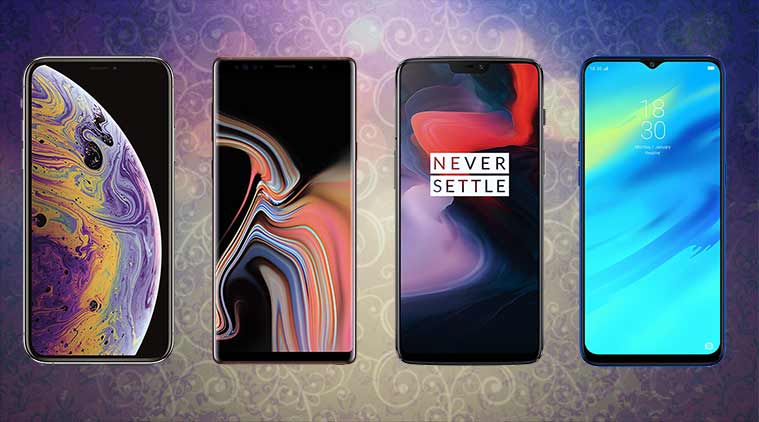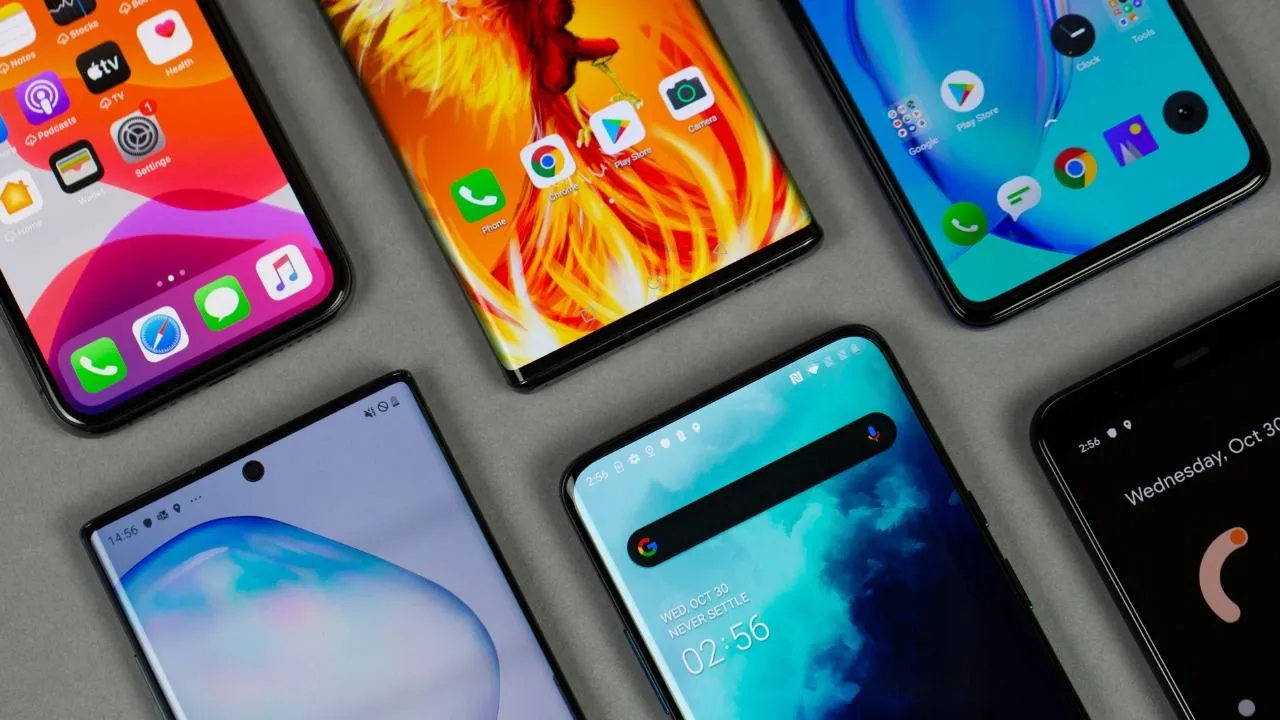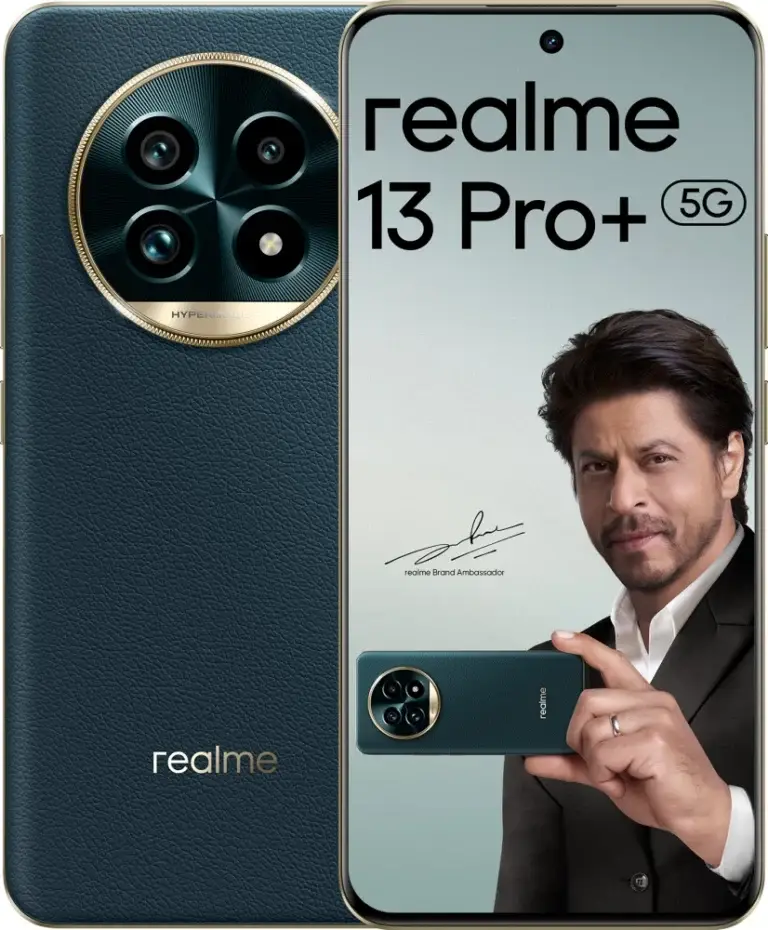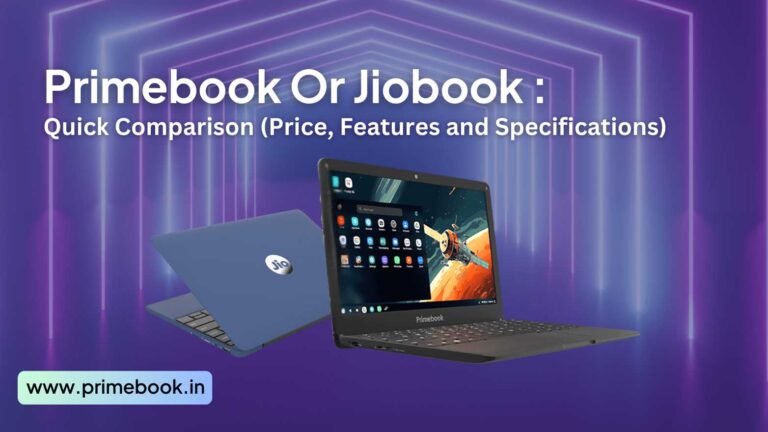“Unlocking the Perfect Smartphone: Your Ultimate Buying Guide for Every Budget!”
- Introduction
- The importance of choosing the right smartphone
- Understanding your needs
- Assessing personal requirements
- Identifying essential features
- Operating System (OS)
- iOS
- Android
- Others
- Budget Considerations
- Setting a budget
- Finding the best value
- Display and Size
- Screen size preferences
- Display technologies
- Camera Quality
- Assessing camera needs
- Megapixels and sensor size
- Performance and processing power
- RAM and processor requirements
- Gaming and multitasking capabilities
- Battery Life
- Evaluating battery needs
- Battery capacity and optimization
- Storage Options
- Internal storage vs. expandable storage
- Cloud storage solutions
- Connectivity Features
- 5G capability
- Wi-Fi, Bluetooth, and NFC
- Design and build quality
- Materials and durability
- Ergonomics and aesthetics
- Brand Reputation and Support
- Researching brands
- After-sales service and support
- User Interface (UI) and Customizations
- Stock vs. customized UI
- User experience and personalization
- Security and privacy
- Biometric authentication
- Software updates and privacy policies
- Final Decision
- Narrowing down choices
- Making the right purchase
Choosing the Right Smartphone: Tips for Every User
In today’s digital age, smartphones have become an indispensable part of our lives, serving as our constant companions for communication, entertainment, productivity, and more. With the myriad of options available on the market, choosing the right smartphone can be a daunting task. However, by considering a few key factors, you can ensure that you find the perfect device to suit your needs.
Understanding your needs
Before embarking on your quest for the ideal smartphone, take some time to assess your personal requirements. Consider how you primarily use your phone and what features are essential to you. Are you a social media enthusiast who prioritizes a stellar camera? Or perhaps you’re a power user who needs top-notch performance for gaming and multitasking.
Operating System (OS)
One of the first decisions you’ll need to make is choosing the right operating system. The three main contenders in the market are iOS, Android, and a few others like Windows and BlackBerry OS. Each OS has its own set of strengths and weaknesses, so it’s crucial to pick one that aligns with your preferences and ecosystem.
Budget Considerations
Setting a budget is essential when shopping for a smartphone. Fortunately, there are options available for every price range, from budget-friendly devices to premium flagship models. Determine how much you’re willing to spend and prioritize features accordingly to get the best value for your money.
Display and Size
The display is arguably one of the most critical aspects of a smartphone, as it’s the primary interface through which you interact with the device. Consider factors such as screen size, resolution, and display technologies like OLED or AMOLED to ensure an immersive viewing experience.
Camera Quality
For many users, the camera quality is a deciding factor when choosing a smartphone. Evaluate your photography needs and pay attention to specifications such as megapixels, aperture size, and sensor quality to capture those precious moments with clarity and detail.
Performance and processing power
Whether you’re a gamer, a multitasker, or a productivity enthusiast, having a smartphone with robust performance capabilities is crucial. Look for devices with ample RAM and powerful processors to ensure smooth operation and seamless multitasking.
Battery Life
Few things are as frustrating as a smartphone that constantly runs out of battery. Assess your usage patterns and opt for a device with sufficient battery capacity and optimization features to keep you powered throughout the day.
Storage Options
Storage space is another vital consideration, especially if you tend to download a lot of apps, games, or media files. Decide whether you need ample internal storage or if you prefer the flexibility of expandable storage options or cloud solutions.
Connectivity Features
Stay connected wherever you go with a smartphone that offers robust connectivity options. Consider factors such as 5G capability, Wi-Fi performance, Bluetooth compatibility, and NFC support for seamless communication and data transfer.
Design and build quality
Aesthetics and build quality play a significant role in the overall user experience of a smartphone. Pay attention to factors such as materials used, durability, and ergonomics to ensure that your device not only looks good but also feels comfortable to use.
Brand Reputation and Support
When investing in a smartphone, it’s essential to consider the reputation of the brand and the level of support they provide. Research customer reviews and feedback, as well as the manufacturer’s track record for software updates and after-sales service.
User Interface (UI) and Customizations
The user interface is your gateway to the features and functionalities of your smartphone. Decide whether you prefer a stock Android experience or if you enjoy the additional customizations offered by manufacturers. Choose a UI that aligns with your preferences and enhances your user experience.
Security and privacy
Protecting your personal data and privacy should be a top priority when choosing a smartphone. Look for devices that offer robust security features such as biometric authentication methods and regular software updates to keep your information safe and secure.
Final Decision
Armed with knowledge of your needs and preferences, it’s time to narrow down your choices and make the final decision. Consider all the factors discussed above and weigh the pros and cons of each option before making your purchase. Remember, the right smartphone is the one that best meets your unique requirements and enhances your daily life.
Conclusion
Choosing the right smartphone is a highly personal decision that requires careful consideration of various factors. By understanding your needs, evaluating different options, and prioritizing essential features, you can find the perfect device to suit your lifestyle and preferences.
FAQs
- Q: How do I determine my budget for a smartphone?
- A: Consider your financial situation and prioritize features based on their importance to you. You can also research prices online to get an idea of what’s available within your budget range.
- Q: What is the importance of battery life in a smartphone?
- Battery life determines how long you can use your phone without needing to recharge. It’s essential for ensuring uninterrupted usage throughout the day, especially for heavy users.
- Q: How can I ensure the security of my smartphone?
- A: Choose a device with robust security features such as fingerprint sensors or facial recognition technology. Additionally, keep your software up-to-date and avoid downloading apps from untrusted sources.
- Q: Why is brand reputation important when buying a smartphone?
- A brand’s reputation reflects the reliability and quality of a smartphone manufacturer’s products. Opting for a reputable brand can give you peace of mind regarding product quality and after-sales support.
- Q: What role does the user interface play on a smartphone?
- A: The user interface determines how you interact with your smartphone and access its features. A well-designed UI can enhance usability and make your overall experience more enjoyable.







[…] H2: Key Features of the Snapdragon in Motorola Phones […]
[…] Introduction to the Xiaomi Redmi Note Smartphone […]